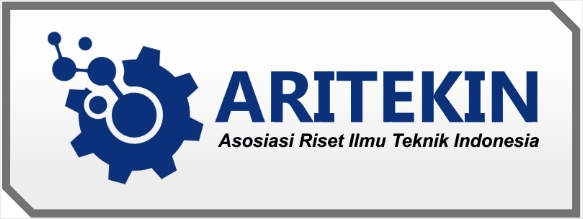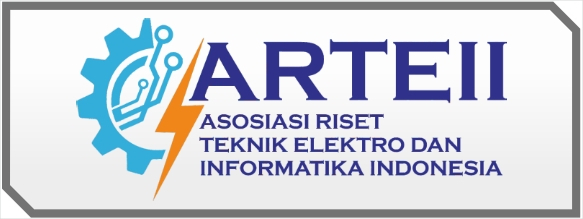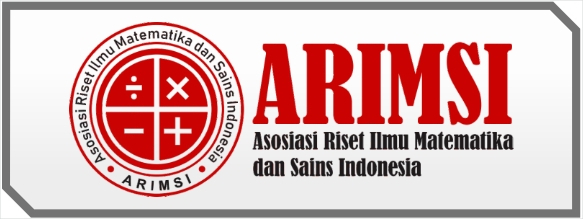Pengaruh Komponen Kecerdasan Emosional (EQ) Dan Sikap Kerja Terhadap Kinerja Pegawai Kantor Raya Kabupaten Simalungun Provinsi Sumatera Utara
DOI:
https://doi.org/10.55606/sinov.v3i2.632Keywords:
Intelligence Components, Work Attitude, PerformanceAbstract
This research aims to analyze the influence of emotional intelligence components and work attitudes on the performance of employees at the Raya sub-district office, Simalungun Regency, North Sumatra Province. data obtained from questionnaires distributed to a sample of 101 people. The constant value is 1.079, which means that if there is no change in the independent variables consisting of emotional intelligence and work attitude variables which influence performance, the performance of the employees of the Raya Subdistrict Office, Simalungun Regency, North Sumatra Province will be 1.079. The emotional intelligence variable has a positive and significant regression coefficient on performance, with a regression coefficient of 0.410, so that if emotional intelligence increases, employee performance will also increase by 0.410 per unit. The work attitude variable has a positive and significant regression coefficient on performance, with a regression coefficient of 0.323, so that if employee work attitudes increase, performance will also increase by 0.323 per unit. Then by using a significance level of = 5%, a significance value of 0.000 is obtained. Thus, the significance value is smaller than 0.05 or (0.000 < 0.05), meaning that the emotional intelligence variable partially has a significant influence on performance. Based on this test, the hypothesis that emotional intelligence has a positive and significant effect on performance is proven. By using a significance level of = 5%, a significance value of 0.000 is obtained. Thus, the significance value is smaller than 0.05 or (0.000 < 0.05), meaning that the work attitude variable partially has a significant influence on performance. Based on this test, the hypothesis that work attitude has a positive and significant effect on performance is proven.
Downloads
References
Apridar. 2009. Ekonomi Internasional : Sejarah, Teori, Konsep, Permasalahan Dalam Aplikasinya. Yogyakarta : Graha Ilmu.
Arikunto, Suharsimi. 2006. Prosedur Penelitian :Suatu Pendekatan Praktik. Jakarta : Rineka Cipta.
Arsyad, Lincolin. 2007. Ekonomi Pembangunan. Yogyakarta : Bagian Penerbitan Sekolah Tinggi Ilmu Ekonomi YKPN.
Badan Pusat Statistik, 2014. Jawa Tengah Dalam Angka. Semarang : BPS Provinsi Jawa Tengah
Boediono. 2009. Teori Pertumbuhan Ekonomi. Yogyakarta: BPFE UGM. Dumairy. 1996. Perekonomian Indonesia. Jakarta : Erlangga.
Ghozali, Imam. 2009. Ekonometrika : Teori, Konsep dan Aplikasi dengan SPSS 17.
Hasan, Iqbal. 2008. Pokok – Pokok Materi Statistik 2 : Statistik Inferensif. Jakarta : Bumi Aksara.
Hutabarat, Roselyne. 1989. Transaksi Ekspor Impor. Jakarta: Erlangga.
Kuncoro, Mudrajad. 2007. Metode Kuantitatif Teori Dan Aplikasi Untuk Bisnis dan Ekonomi. Yogyakarta: UPP STIM YKPN.
Laili, Nur. 2007. Analisis Faktor – Faktor Yang Mempengaruhi Pertumbuhan Ekonomi DIY 1990-2004. Skripsi, tidak dipublikasikan. Yogyakarta: Fakultas Ekonom Mankiw, N. Gregory. 2003. Teori Makro Ekonomi, Jakarta: Erlangga.
Mardiana, Aji. 2006. Analisis Faktor – Faktor Yang Mempengaruhi Pertumbuhan Ekonomi di Indonesia Periode Tahun 1984-2003. Skripsi, tidak dipublikasikan. Yogyakarta: FE UUI.
Downloads
Published
How to Cite
Issue
Section
License
Copyright (c) 2021 Media Informasi Penelitian Kabupaten Semarang

This work is licensed under a Creative Commons Attribution-NoDerivatives 4.0 International License.



















